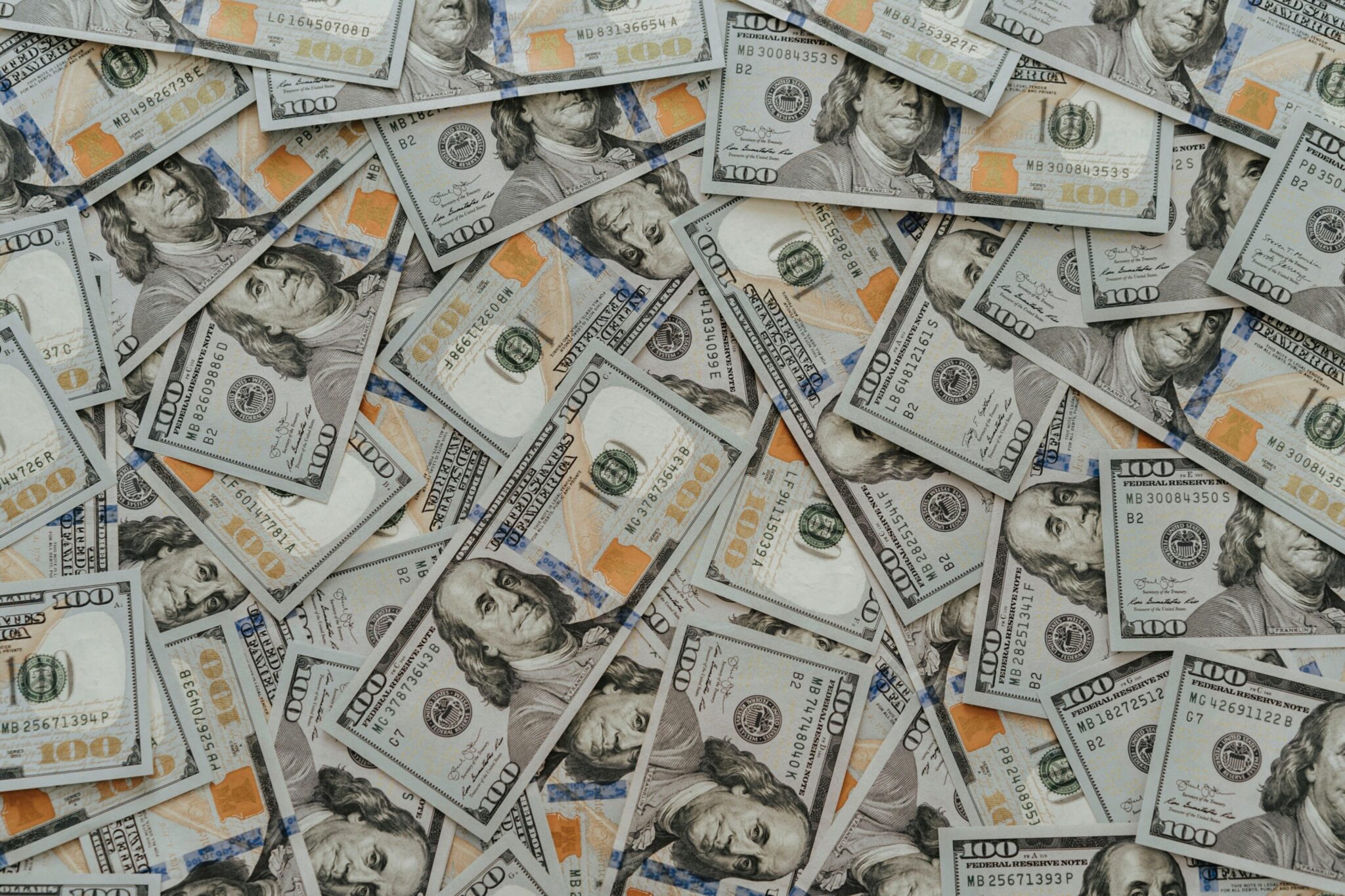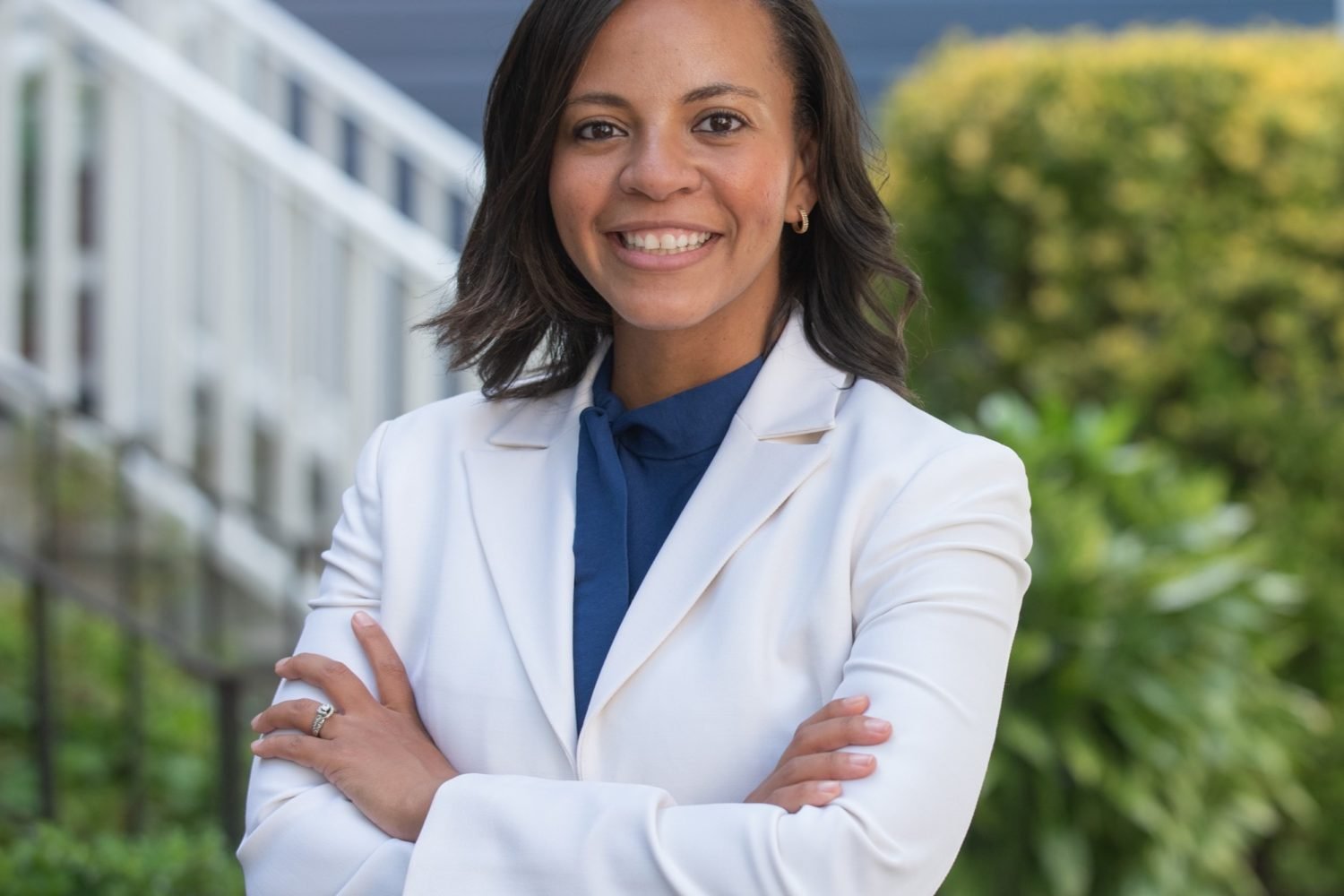Update October 2, 2024: The DC Circuit Court of Appeals lifted an administrative stay in KalshiEx LLC v. CFTC, effectively allowing betting on November’s congressional elections until they have time to consider the appeal.
You can bet on sports, royal family affairs, and even celebrity divorces, but the legality of gambling on the outcome of US elections has wavered. That could be changing, though. Here’s a look at the issues involved.
The Legal Decision
Online bettors, through events marketplaces, can wager on the likelihood of government shutdowns, whether or not a bill will pass, or even how much the US GDP will grow. While some countries, like the UK, permit and even regulate election-outcome betting, US courts recently disagreed on whether online wagers concerning an election are legal.
The Commodity Futures Trading Commission regulates derivatives markets. Its ongoing legal battle with Kalshi, a New York events marketplace, is at the center of the issue. The CFTC rejected Kalshi’s request to allow election betting, resulting in a lawsuit in September 2023. Earlier this month, DC US District Court judge Jia Cobb lifted a temporary stay, siding with Kalshi, effectively clearing the way for election bettors. An unknown amount of predictive futures contracts flooded into their marketplace for eight hours until a federal appeals court paused them, keeping bets in limbo until a final decision could be made.
Despite the appellate ruling, users could join a waitlist to bet on the presidential outcome through Friday afternoon, when the page was taken down. The timeline on this final decision is unknown, and bets cannot be placed on the US election except on offshore platforms.
The Case For
Marketplaces see election betting as a right for the free market that will give Americans more opportunity for political participation. Kalshi wants to take control of offshore betting on elections and give users an opportunity to bet on elections through a regulated process they say would be more reliable. Some experts even say the markets are better for predicting the outcome of an election than traditional polling methods.
Kalshi just legalized trading on elections in the U.S.
For the first time in 100 years, Americans will have access to legal election markets at scale.
Historic moment for financial markets. pic.twitter.com/lIvQAPXYNJ
— Tarek Mansour (@mansourtarek_) September 9, 2024
The Case Against
Critics of election betting worry about the risk it poses to the integrity of elections.
“We don’t want to commercialize elections,” says Cantrell Dumas, director of Derivatives Policy for Better Markets, a nonprofit organization advocating for financial reform.
Dumas and other analysts believe election betting will give bettors an incentive to vote against their beliefs. “I’m going to vote for a certain candidate because I believe they align with my interests,” says Dumas. “But if I have money in the game and I feel like the other candidate might earn me more money, I may just vote against my interest. That’s why this is a problem.”
Analysts point to an alleged manipulation scheme earlier this month where users invested heavily in Harris’s victory on offshore cryptocurrency betting platform Polymarket. Her odds of winning spiked, and those who placed bets benefited greatly from the derivative market as a result. Critics say plots like this are why election betting can’t replace polling numbers.
The polls show a razor-thin lead for Vice President Harris, making analysts extra cautious about anything that could possibly influence the election.
“Why add an extra layer of possibility for people to accuse the election as fraudulent?” says Dumas. “You already have Americans doubting the actual integrity of the election. Now, you’re going to add an element where someone is incentivized to win money from an election? It’s ridiculous.”



















